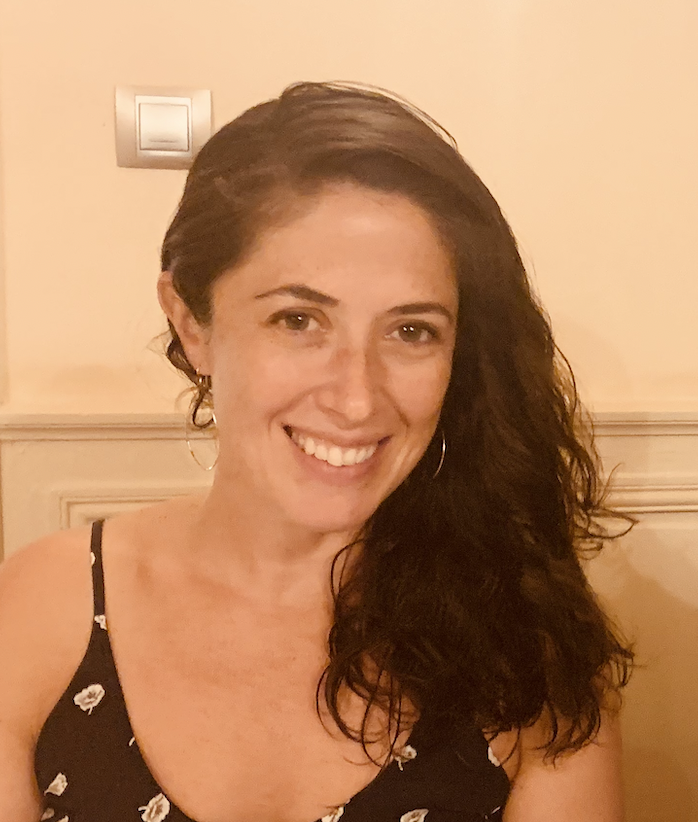Many colleges and universities require a few essays as part of the application, and many colleges and universities provide different prompts...You could be writing 15 different essays by the end of the process, but hold on, you don't have to do that!
Typically, college application essays are designed for the admissions team to get a sense of who you are, what moves you, how you’ll contribute to the school, and how you are different than your peers.
In 500 words, this could be a daunting task, but if you structure your work effectively and have a little fun, it may not be so bad, after all. When you first glance at your college applications, I’m sure a lot of thoughts are popping up. These types of reactions are common for the overwhelmed college applicant:
- The slew of essay topics seems like a LOT of writing.
- Why does each college provide its own essay prompts?
- Couldn’t they just decide on a couple topics or stick to the common application?
- How do I describe myself in 500 words? I’m 17 years old, I have a lot more to say that that. Or, I’m 17 years old, what can I say that’s interesting…
Whoever you are, this college corner post will help you brainstorm your college essays and tailor your writing to the school you are applying to.
First things first...Your personal statement and other college admissions essays are the first creative opportunity you have to stand out.
Consider the following ideas as you start to brainstorm:
1) Make a list of all your interests.
- What do you like to do outside of school?
- What academic subjects are you excited by?
- Have you done anything special after school or during the summer that is worth writing about?
2) Pinpoint what the essay prompt is looking for.
- List out all relevant ideas and start to use these as your “topic sentences” (the opening argument for each paragraph).
- Remove any information that does not directly answer the question (...but save it for another essay!...)
3) Think carefully about the school you are applying to.
- How does this college/university define itself?
- Tailor your admissions essay to the school and show them how you support their mission as an applicant and student.
For example:
You are applying to a school with a heavy emphasis on Study Abroad Trips.
- Write about an overseas experience, learning a new language, interest in discovering and learning about new cultures.
4) If you’re still stuck, find a sounding board who can help you identify your strenghts and qualities as an applicant.
- Speak to someone who knows you well and ask them why they think you are an exceptional applicant, not to mention individual. Don’t be afraid to fish for compliments!
5) Make sure your essay is different than the rest of your application.
- Based on your grades, test scores and extracurricular activities, the college admissions team will have a strong sense of your academic prowess.
- What can you share on your essay that is completely new, or sheds some light on another side of yourself?
6) Stick to the essay prompt’s guidelines.
- Follow the formatting specifications and word count outlined.
- Some schools penalize applicants for being long-winded or sneaky in their formatting. -
- Remember, the college admissions team looks at thousands of essay, so they’ll have a good sense of what 12 pt font and double spaced looks like.
7) Save your writing (all brainstorming notes, outlines, deleted sentences) for future essays.
- Since you’ve already put all this thought into one essay, you should feel free to recycle it later on!
- With a few tweaks and additions, you may be able to re-use your work for a different essay prompt. But, make sure to revise your writing according to each school, so the essay doesn’t appear canned!


Comments